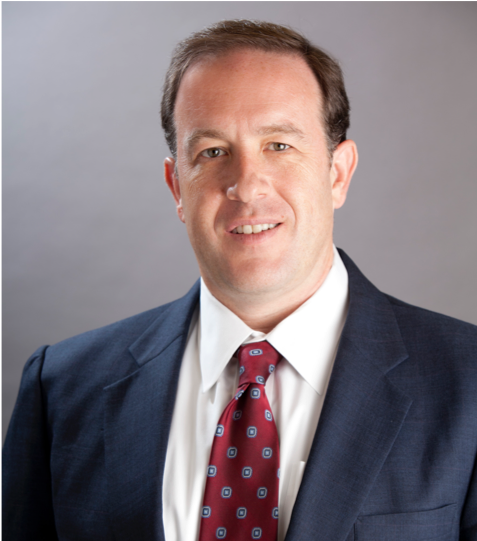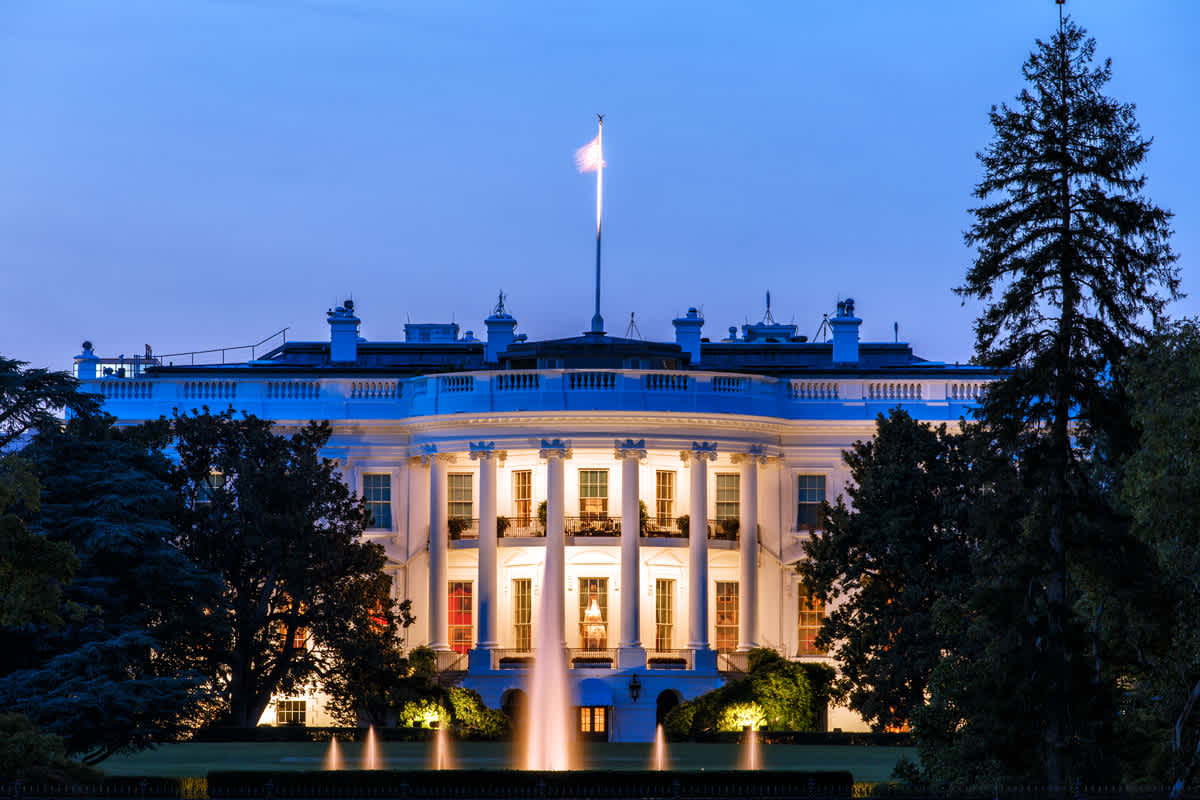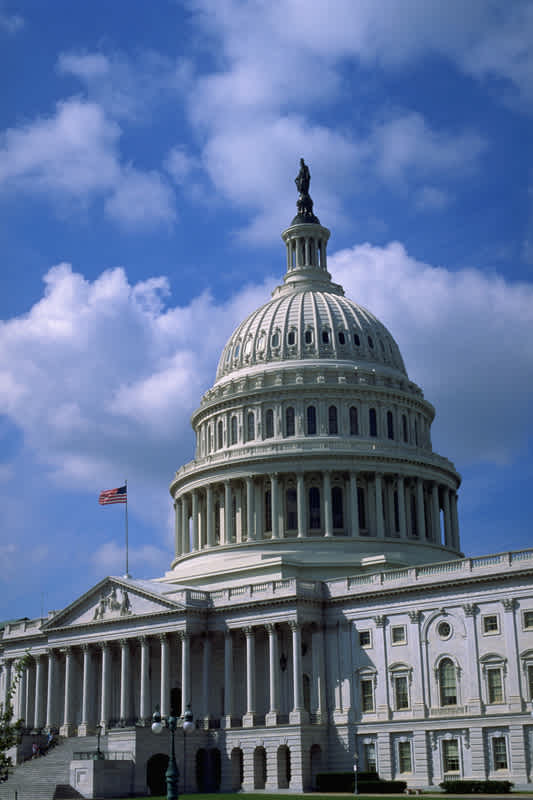
January 28, 2021
Biden Trade Policy: No Shake-ups Yet—Too Soon to Tell?
Biden Trade Policy: No Shake-ups Yet—Too Soon to Tell?
In a blog just after the election, I mused about how U.S. trade policy might shift under President Biden. Now, one week into his term, there are clues that point to a surprising degree of continuing threads from the Trump administration.
The developments span three categories: appointments, inherited policies, and new initiatives.
Appointments
President Biden has named the key cabinet members that typically determine trade policy. As of this writing, two key appointees have been confirmed: Secretary of State Tony Blinken and Secretary of the Treasury Janet Yellen. The position of National Security Adviser, held by Jake Sullivan, does not require Senate confirmation.
Beyond these principals, nominations are pending for Katherine Tai as US Trade Representative (USTR), Gina Raimondo as Secretary of Commerce, and Tom Vilsack as Secretary of Agriculture.
Most of these people have held high federal office before and are generally well-respected. None has a record as a harsh critic of trade that could match the backgrounds of former USTR Robert Lighthizer or Trump trade guru Peter Navarro.
And so, it is still too early to tell how trade policy will actually be formulated by this team. In the Trump administration, at various times, there seemed to be a key figure driving trade policy decisions—usually Lighthizer or Treasury Secretary Steve Mnuchin. Historically, in contrast, trade policy has emerged more from interagency discussions, with USTR chairing the process.
Inherited Policies
Unlike any of his post-war predecessors, President Biden took office amid a slew of ongoing trade disputes. Even one week in, his administration has given preliminary signals on a number of major ones. On the central question of US tariffs on imports from China (under Sec. 301), the Biden administration has chosen to leave tariffs in place, pending a review. In confirmation testimony, many nominees broadly supported a hardline stance against China.
The same wait-and-review approach has been applied to the Sec. 232 national security tariffs on steel and aluminum.
Those postponed decisions are only mildly surprising. President Biden had been critical of Trump tariffs on the campaign trail. But there is an incentive to minimize controversy amid key confirmation hearings.
Perhaps more surprising: “grace period” arguments to delay movement at the World Trade Organization. This would seem like a relatively easy move toward the sort of cooperation with allies that President Biden has espoused. Yet, at a meeting in Geneva this week, the US representative declined to change a controversial stance blocking appointments to a key dispute body.
Finally, in a de facto deferral, the Biden administration seemed less enthusiastic about a US-UK free trade agreement than British counterparts after a call between President Biden and Prime Minister Johnson.
New Initiatives
The major new initiative of the week was the announcement of Biden’s “Buy America” plan. This was very much true to his campaign platform, but also in line with Trump administration policies—though Biden argued that his approach was more stringent.
A second initiative was the cancellation of the Keystone XL pipeline. The Biden administration presented this as an environmental measure rather than a trade move. But for Canada it has important trade implications. It led Alberta Premier Jason Kenney to call for Canadian trade sanctions on the United States in retaliation.
So far, many of Biden’s key moves have been deferrals rather than decisions. Further, there are additional important issues that will be coming at the Biden administration quickly: trade conflicts with Europe, pressures to pursue complaints against Mexico under USMCA, and a decision about whether to renew Trade Promotion Authority, which expires at the beginning of July. The reactions to each challenge will go a long way to defining the new team’s policy stance.
With those caveats, though, the early picture appears to be of a trade-skeptical administration, staffed by an experienced group of moderates.





